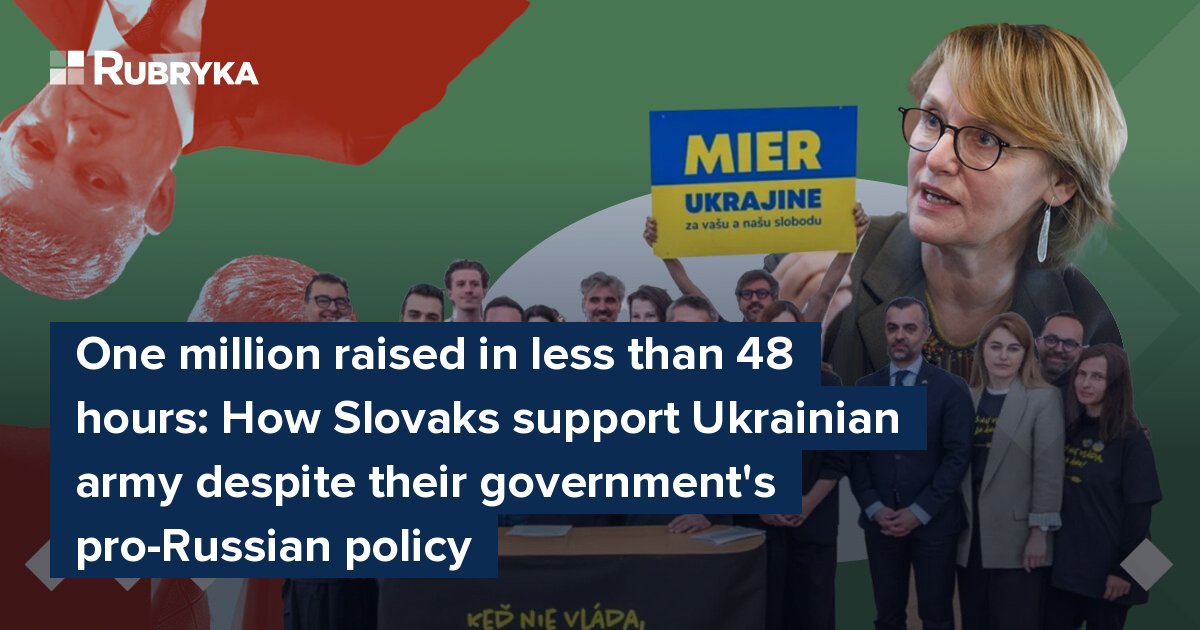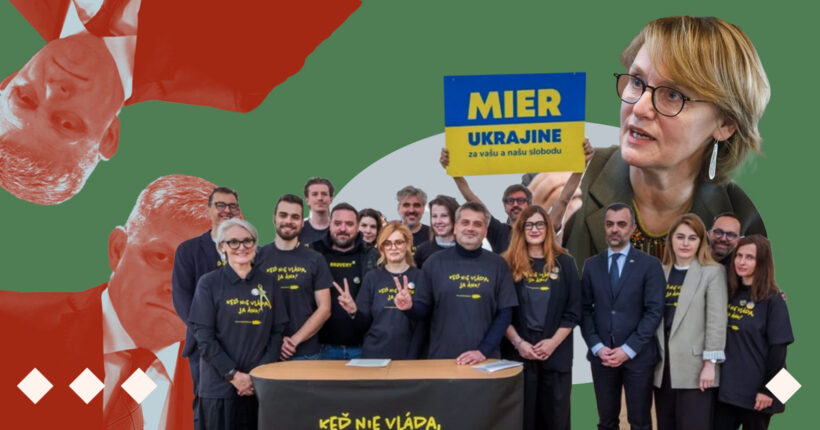
What's the problem?
Ukrainian soldiers were expected to fight in early 2024 amid a shortage of ammunition. Their artillery fired significantly fewer shells than that of the Russians to conserve ammunition and use it only for confirmed targets.
The Czech Republic proposed a solution by finding a way to buy about 800,000 NATO and Soviet-caliber shells for Ukraine. Later, Czech officials said this number could increase to 1.5 million.
More than 20 countries supported this initiative, but Slovakia was not among them. This decision can be explained by the anti-Ukrainian and pro-Russian stance of Slovak Prime Minister Robert Fico, who was elected to take office in October 2023. His election campaign included promises that "not a single shell will go to Ukraine."
"I will provide zero military aid to Ukraine… An immediate cessation of hostilities is the best solution we have for Ukraine. The EU should turn from an arms supplier into a peacemaker," said Fico after taking office.
On May 15 of this year, Prime Minister Fico was attacked after a government meeting in the Slovak city of Handlová in an attempted assassination by the likely shooter, 71-year-old Juraj Cintula. Fico was hospitalized in serious condition, but after several surgeries, his condition improved, and he is preparing to return to work in late June.
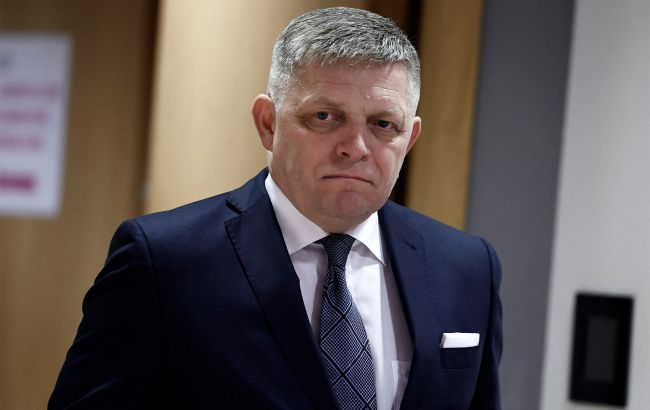
Slovak Prime Minister Robert Fico. Photo: RBC-Ukraine
What's the solution?
After the Russian invasion began in February 2022, Slovak citizens created the organization Mier Ukrajine to support Ukraine and its people. They disagreed with the government's decision not to join the Czech ammunition initiative, so they announced their fundraising campaign called "Ammunition for Ukraine."
"Many citizens of Slovakia disagree with the Slovak government's [decision] to withhold assistance to Ukraine in the form of ammunition. By launching a crowdfunding campaign, we provided these individuals with an opportunity to express their opinion and actively help," says one of the founding members of Mier Ukrajine Lucia Štasselová.
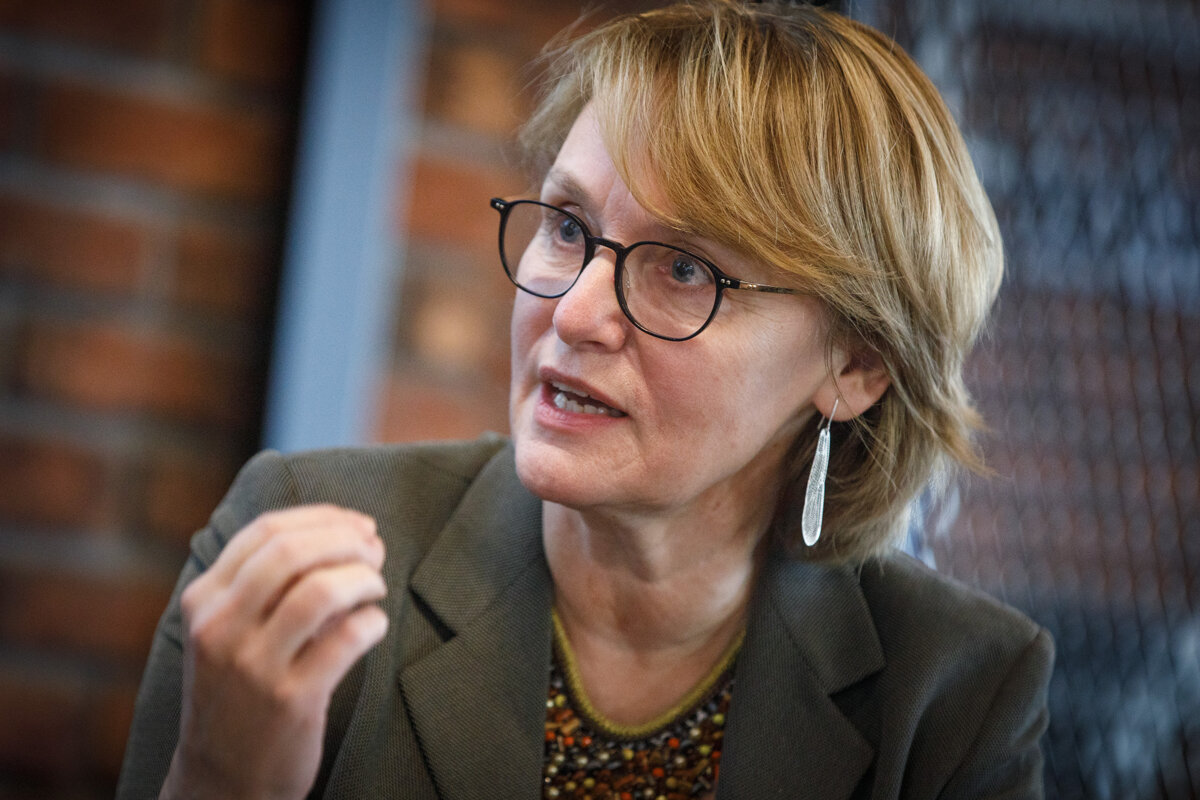
Lucia Štasselová, one of the co-founders of Mier Ukrajine. Photo: Bratislava SME
The government's position is so different from that of civil society that Prime Minister Fico went so far as to insult the Slovak campaigners. Referring to the fundraising, he called the effort to collect the money "prd do Stromovky," which translates from the Slovak language as "farting toward Stromovka," which is a park in the Czech capital Prague. In his speech, he also called the initiative "purely symbolic."
"We acknowledge that four million may be considered symbolic when compared to the funds provided by countries like the USA to support Ukraine. However, in the context of Slovak politics, this is a significant gesture that holds significant meaning for Ukraine. It demonstrates that the citizens of our country stand in solidarity with them," Lucia Štasselová responded to the prime minister's statement.
She added that this initiative signals to the international community that Slovakia's position is not represented only by Robert Fico's government. Citizens want and can act, providing help on their own.
Meanwhile, Mier Ukrajine has raised several times more funding for Ukraine than the governments of Slovenia and Iceland, which allocated €1 million and €2 million, respectively.
How does it work?
Fedor Blaščák, a Slovak philosopher, publicist, and activist, and Vladimír Šimíček, a photographer from the Slovak daily newspaper Denník N who regularly visits Ukraine, came up with the idea to raise money. Despite their government's position, they decided Slovakia should join the Czech ammunition initiative.
Teaming up with organizations Dárek pro Putina, Donio, and All4Ukraine, they started the campaign "Ammunition for Ukraine." Its goal is to allow Slovak civil society to express its true stance on the war in Ukraine. This is why the fundraising goes under the slogan, "If not the government, then we will send it."
"The response from Slovak people was incredible, surpassing all our expectations with the rapid growth of the donated sum. On the first day, we couldn't help but keep our eyes on the counter as the amount changed almost every second," says Lucia Štasselová.
The co-founder believes this success was due to the fundraiser's timing. It happened after the presidential elections, which ended with the victory of Robert Fico's ally, Peter Pellegrini. Many voters were disappointed, and donating money for ammunition to Ukraine became a way to show their disagreement with the government's position and the direction of Slovak politics.
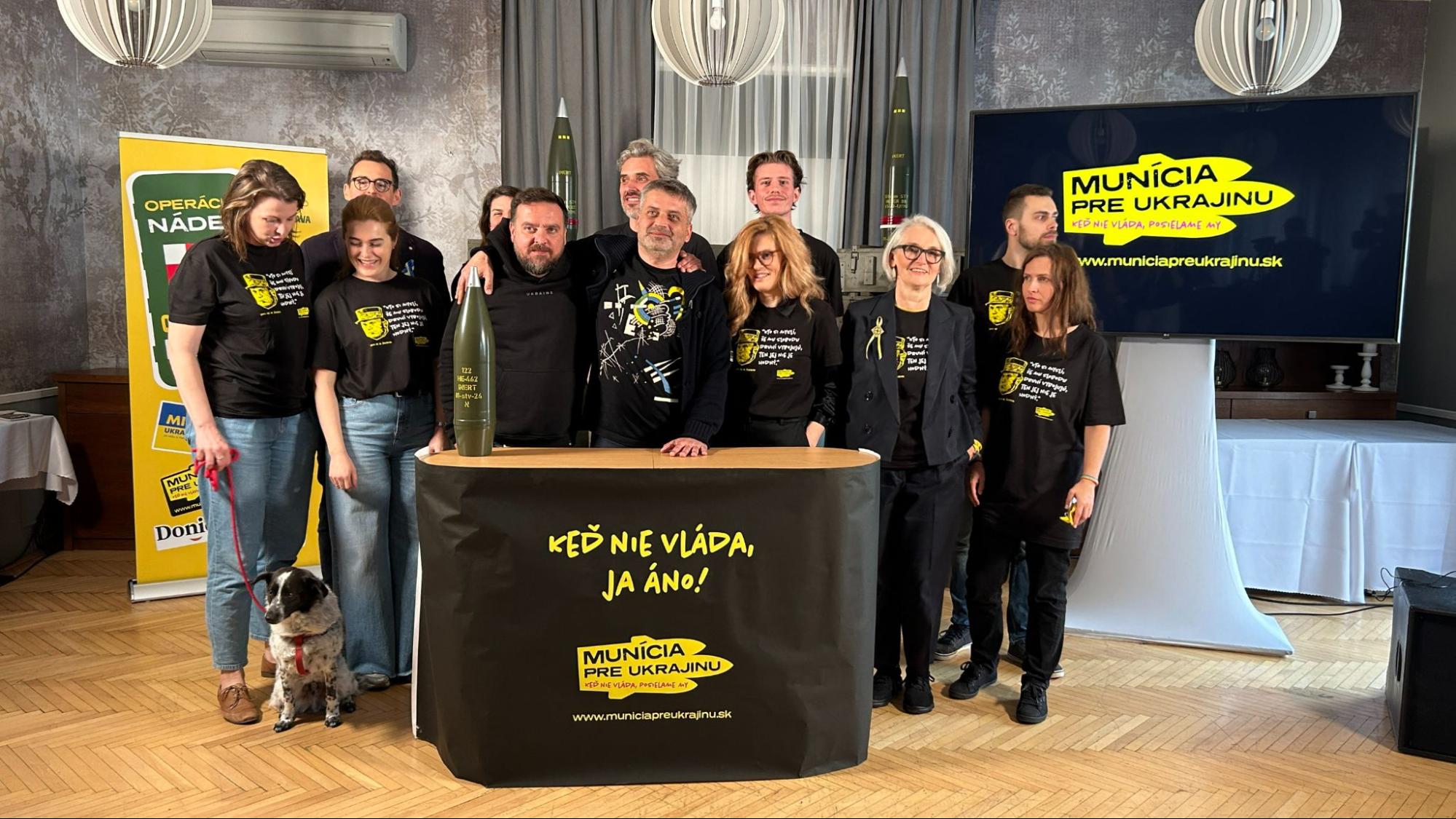
The team dealing with the "Ammunition for Ukraine" campaign. Photo: Mier Ukrajine
At first, the organizers hoped to collect at least €1 million for ammunition for the Ukrainian military. This process was expected to be long and gradual, but the fundraiser reached this target in less than two days.
"It filled us with immense pride for the men and women of Slovakia who demonstrated their understanding of the aggressor and victim in this war. The rocket increase in the amount donated, and the first million collected in less than 48 hours, was an absolute surprise," says Lucia Štasselová.
So far, the crowdfunding campaign has raised over €4 million, donated by more than 67,000 people. The organizers don't know how long the fundraising will continue, but they don't plan to stop. Instead, they aim to expand their activities to an international level.
To do this, they recently launched English and Hungarian versions of their website and are exploring a new direction — collaborating with large corporations to encourage their participation and contributions.
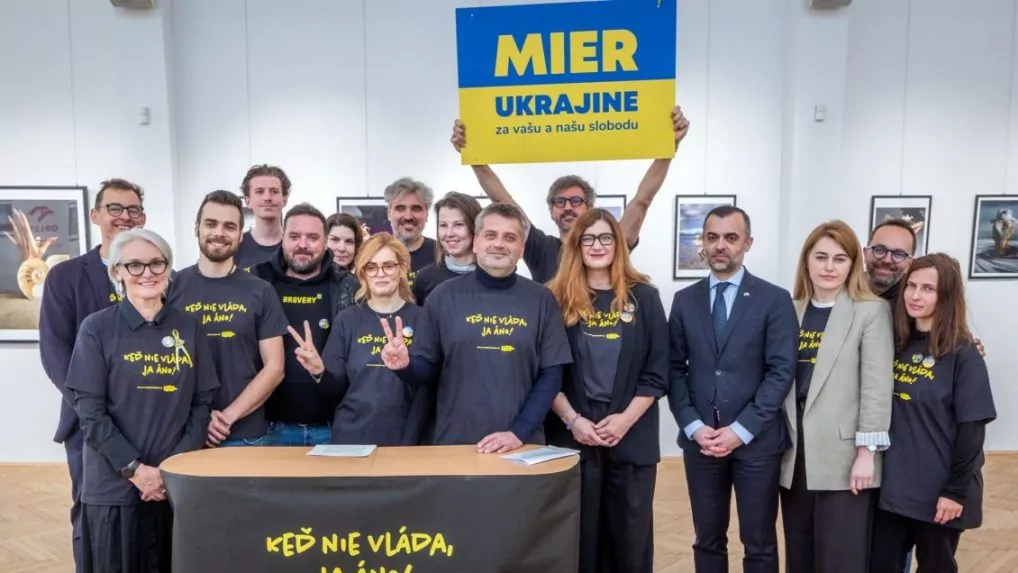
The team dealing with the "Ammunition for Ukraine" campaign. Photo: Správy RTVS
The raised funding is transferred to a special account of Target Fund for Ukraine. Another project created by Czech activists, Dárek pro Putina or "Gift for Putin," also sends donations to the same fund. According to Lucia Štasselová, this is a reliable and trusted partner of Mier Ukrajne and other Slovak crowdfunding initiatives.
Dárek pro Putina collaborates with the Czech Ministry of Defense, allowing weapons procurement. Meanwhile, no Slovak organization has similar legal possibilities. Creating and setting up accounts for such an entity would take several months.
The "Ammunition for Ukraine" campaign organizers started working together with the Czech project, which allowed them to buy ammunition worth the first €4 million they raised, which is about 2,700 shells.
"Currently, there was the first supply of ammunition for Ukraine, purchased for €4 million. We hope it will be shipped and delivered quickly and will reach the front line as soon as possible," says Lucia Štasselová.
Newsletter
Digest of the most interesting news: just about the main thing



